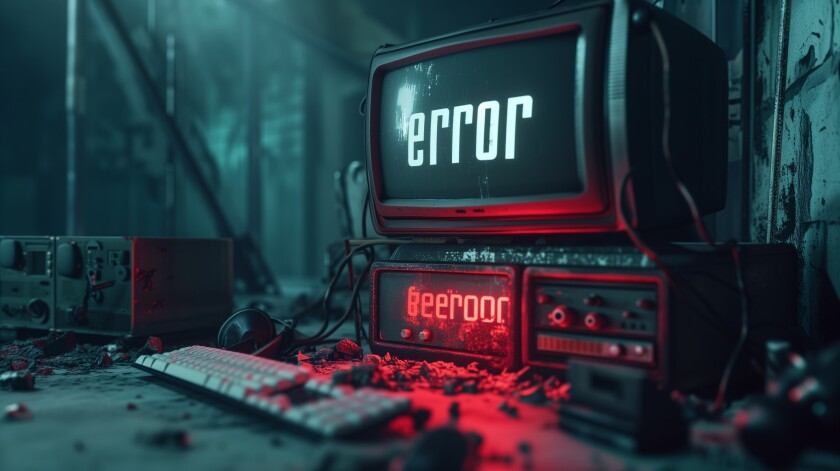It can hardly be argued that the Unified Patent Court has had a quiet start to life.
First there were fears about judicial independence, and then came transparency concerns.
Against this backdrop, a series of IT woes with the court’s case management system (CMS) have persisted.
It’s been hard to remember at times that a new court system is in operation that is, despite these distractions bubbling away, beginning to take shape.
According to the UPC’s latest caseload, published at the start of the month, there have been 341 cases filed since the court’s opening on June 1 2023.
Cases were up almost 10% on where they were at the end of March, when the figure stood at 311.
New judges are being hired to meet the rising caseload.
Three German judges were assigned to local divisions at the end of April. Yesterday, May 7, the UPC announced that three Italian judges would be appointed to the Central Division in Milan, which is due to open in the coming months.
The German divisions lead the pack, with 46 infringement actions filed in the Munich Local Division, followed by Düsseldorf (25) and Mannheim (16).
English and German are overwhelmingly the popular language choices. English has been used in 48% of first-instance proceedings, and German in 45%.
Unwanted distractions
And yet, despite these illuminating figures, unwanted distractions continue to provide some of the major talking points.
This was brought to light again this week when it emerged that what should have been a routine withdrawal of a dispute – agreed on by both parties – had been delayed by CMS issues.
In March this year, Belgium-based manufacturing company Keestrack filed to withdraw a patent infringement complaint it had made against Dutch company Geha Laverman, along with a request for a partial refund of costs.
The court gave Geha Laverman until March 22 to respond. However, issues with the CMS prevented Geha’s counsel from submitting the document until April 22.
In its May 1 decision, the court said it would accept the response because the defendant had informed the UPC of its issues within the deadline and had documented the CMS problems. The court added that “to avoid further process actions” it would accept the refund request despite Keestrack’s counsel having referenced the wrong article in the UPC’s Rules of Procedure.
Reading between the lines, the judges may have been anticipating potential CMS woes delaying things further if the request had to be refiled.
Reassurance needed
This is not a good look.
The case may not have been a dispute with huge ramifications for either side – we are unlikely to be talking about millions being at stake – but parties will still need to be able to rely on the CMS regardless of whether they’re involved in a big-ticket case or not.
UPC representatives have continued to share their frustrations about the CMS both privately and on social media posts.
Granted, the situation seems to be a lot better than during that hectic sunrise period before the court opened, during which the testing phase for the CMS had to be extended.
But a routine withdrawal request lasting a month longer than needed is hardly an ideal situation.
The latest statistics show there is demand for the UPC, and it’s likely that the next few months and beyond will see further rises.
The UPC must ensure it changes the narrative so that the commentary can focus on case law and how the court handles disputes – not on whether its IT systems work properly or if it will allow interested parties to access court documents.
How should it do this?
Well, I’m not a technical expert, but heavier investment in IT, perhaps even heavier than first imagined, might be required.
The UPC could also clarify to parties at the outset that it will be open to and understanding of CMS issues and their potential impact on case progression. Suspending deadlines the moment an issue is flagged might be one way to alleviate concerns.
While some of the early distractions appear to have been partially resolved, it's unfortunate, to say the least, that something as simple as IT is continuing to cause problems.
In an interview in February, Alexander Ramsay, UPC registrar and former chair of the preparatory committee, said the court was “fully committed” to achieving a completely functional CMS that meets the high standards of an international court.
He added: “It is clear that it will take some time still and that we all need to show a bit of patience.”
But unless they are fixed sooner rather than later, tech troubles will continue to provide an unwelcome backdrop to what is supposed to be an exciting new era for Europe’s patent landscape.











